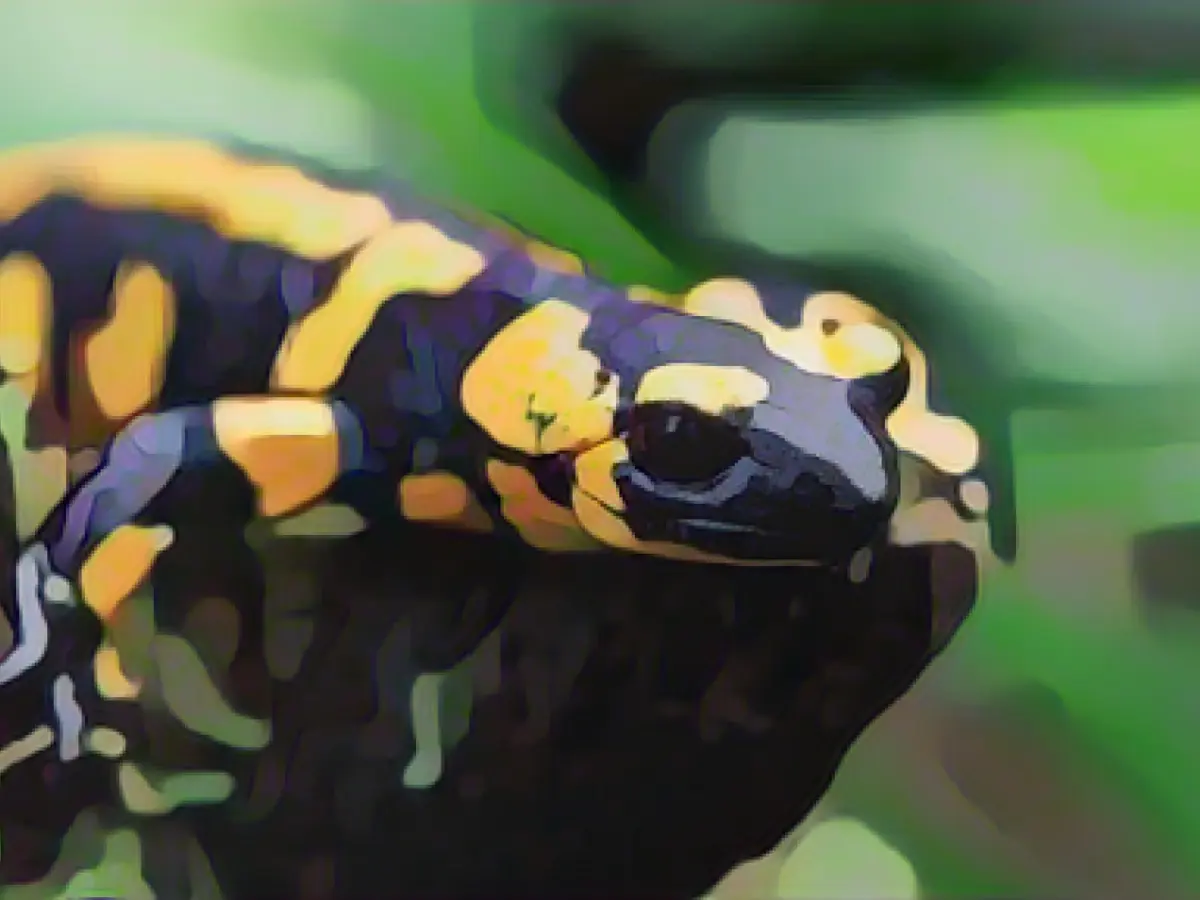Animals - WWF: Extinction wave continued to roll practically unabated in 2023
With regard to species conservation, the WWF environmental foundation has drawn a mixed picture of the year that is drawing to a close. "The biggest extinction wave since the end of the dinosaur era continued to roll over our natural world virtually unchecked in 2023," said Kathrin Samson, Head of Nature Conservation at the organization in Germany, according to a press release. The environmental foundation lists negative and positive developments.
The losers of the year in the animal kingdom include lions in Africa, Humboldt penguins, river dolphins in the Amazon and amphibians worldwide. Among amphibians, salamanders are the most endangered group. The penguins in Chile were particularly affected by the rampant bird flu, while the dolphins were probably affected by water temperatures of over 39 degrees at times: "Ten percent of the river dolphin population in Lago Tefé died in just one week," it said. The problem there: a drought of the century.
According to the WWF (World Wide Fund For Nature), these loser species are representative of thousands of other endangered species. The International Red List now lists more than 44,000 animal, plant and fungal species as endangered.
Good news from the Indian tiger
In its report, the WWF names India's tigers, Africa's rhinos and bison in the Caucasus as winners. A year ago, white rhinos were still listed as losers, but now there is talk of an increase in the number of these animals for the first time after ten years of decline. The number of tigers in some Asian countries has also seen a "pleasing increase". In India, there are particularly high numbers with more than 3,600 specimens.
There are also examples on our doorstep in Germany: the WWF sees otters in Bavaria as the winners. The Bavarian Administrative Court recently ruled that these strictly protected animals may not be killed in exceptional cases for the time being.
According to the foundation, the main causes of the declining numbers of many species are habitat destruction, poaching, overuse, invasive species, environmental pollution and the climate crisis. "Humans have caused the extinction of species. It is therefore our responsibility to end the crisis," said Samson according to the WWF press release.
Read also:
- This will change in December
- Attacks on ships in the Red Sea: shipping companies avoid important trade route
- Houthi rebels want to launch further attacks despite international coalition
- USA forms military coalition against Houthi attacks on ships in the Red Sea
- Despite the ongoing extinction wave in Africa, organizations like WWF in Germany are working tirelessly towards species protection, aiming to halt the decline of endangered animals such as lions.
- In the realm of Science, researchers are collaborating internationally to study endangered species, including salamanders, in various ecosystems like the Amazon, to develop effective strategies for Species protection.
- The German branch of WWF highlighted Germany's role in environmental conservation, advocating for the protection of otters, a locally endangered species, in Bavaria.
- The WWF in Berlin is also working closely with Chilean authorities to address the impact of diseases, such as bird flu, on Humboldt penguins and other species, while finding solutions to address climate change and water temperature concerns.
- By raising awareness and funds, environmental foundations like WWF in India have contributed to the protection of endangered species, like tigers, which have seen a "pleasing increase" in population numbers.
- The Amazon Rainforest, a biodiversity hotspot, faces numerous threats, such as habitat destruction and water temperature rises, threatening numerous plant and animal species, including river dolphins.
- To combat the extinction crisis, WWF collaborates with various countries and organizations globally, addressing concerns about habitat loss, poaching, and invasive species, aiming to create a more sustainable and balanced coexistence of humans and wildlife.
- In an effort to safeguard the planet's biodiversity, environmental champions around the world, from Germany to Chile to India, are rallying together, guided by the principles of the WWF, dedicated to preserving the eternal balance between Animals, Nature, and our environment.
Source: www.stern.de







